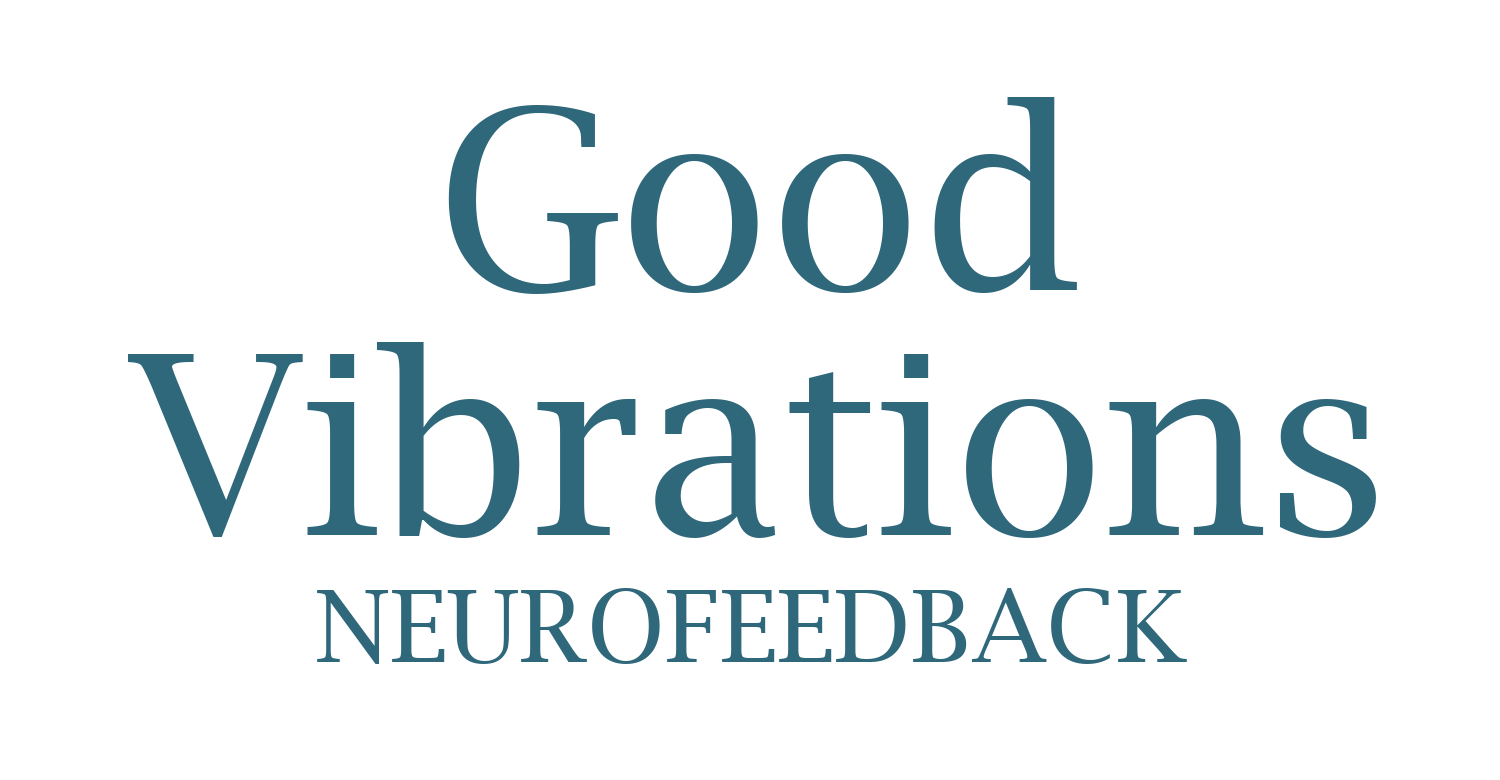Tinnitus
NeurOptimal® Tinnitus Research
Tinnitus is the hearing of a sound despite the absence of acoustic stimulation. Often, it’s described as a ringing or buzzing in the ears. While a common side-effect of noise-related hearing loss, tinnitus can also be caused by infections, heart disease, and tumours.
The constant buzzing or high-pitched noises can affect emotional well-being and sleep. It can even increase the risk of developing mental illnesses like depression, anxiety, schizophrenia, and dementia, and can trigger episodes of extreme anger and suicidal ideation. This makes tinnitus research critical.


Neurofeedback and Tinnitus
Tinnitus can impact emotional well-being and sleep quality. A study presented by Francesco Lanza at the 2018 NeurOptimal® Conference observed improvements in sleep and emotional regulation among participants using NeurOptimal®.
A more recent multi-center study in Italy (2023) also reported reduced perception of tinnitus, improved stress response, and better sleep. Researchers used tools such as the Tinnitus Handicap Inventory (THI) and noted enhanced self-regulation among participants.
